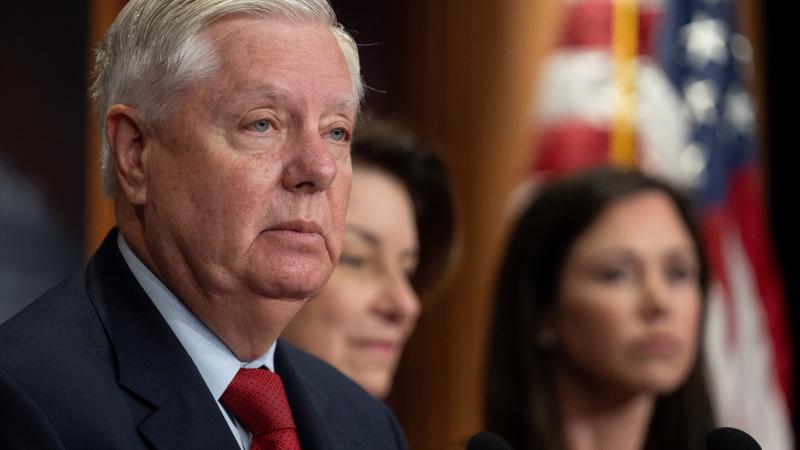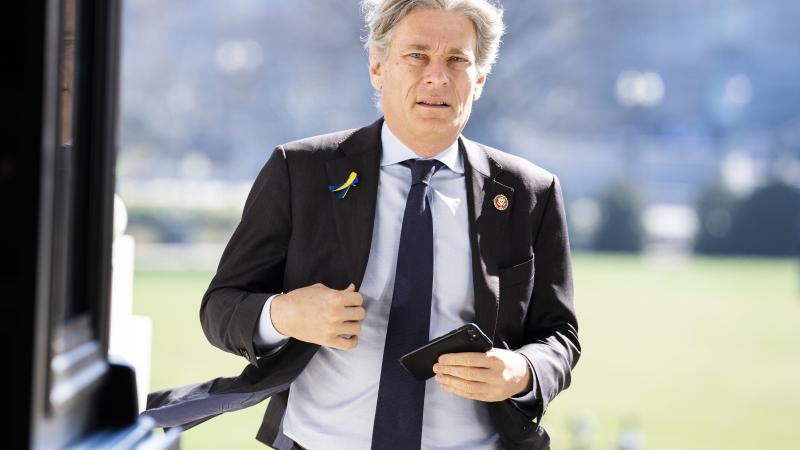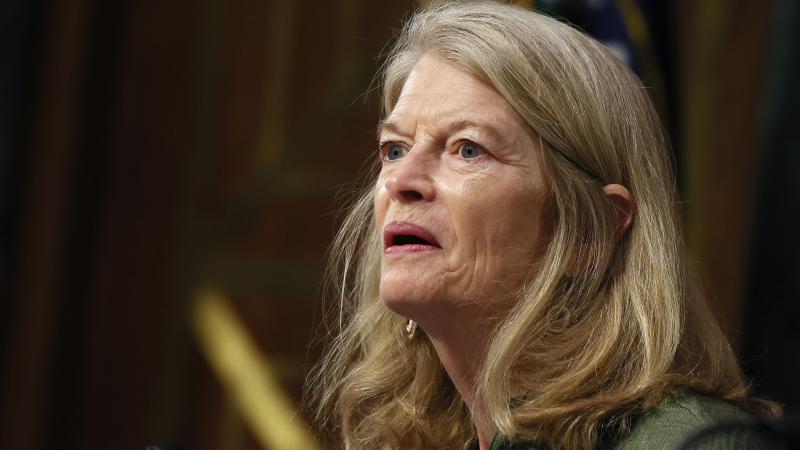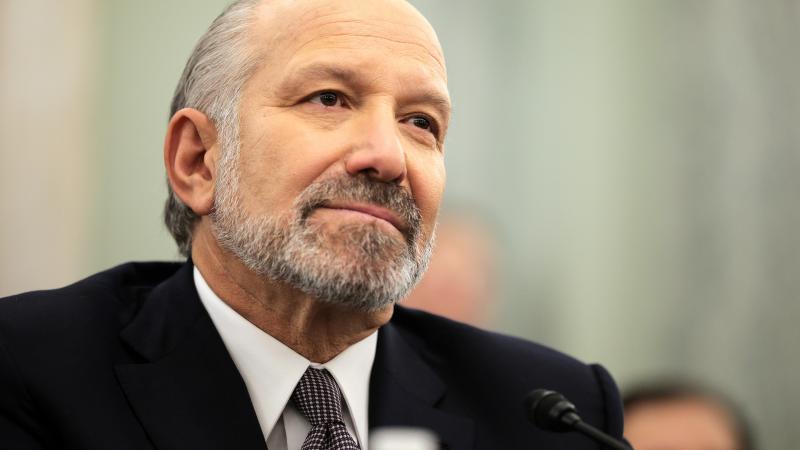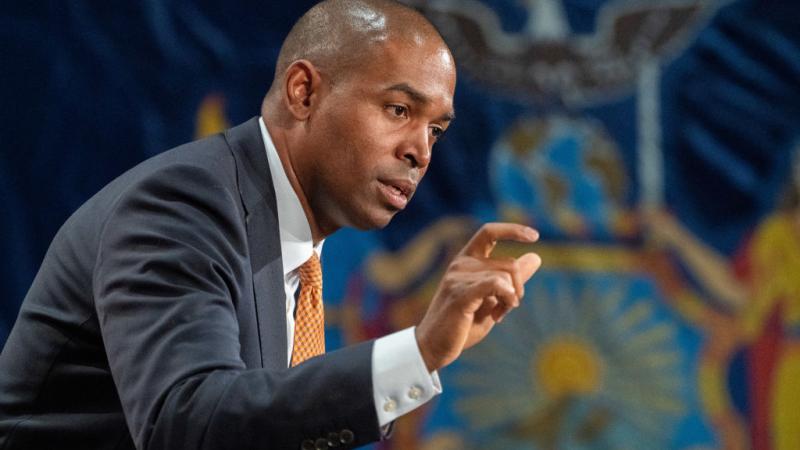Britain mandates masks in shops after coronavirus peak
New law takes effect Friday, following decision last month to make masks mandatory on public transport.
Starting Friday, face masks will have to be worn in shops in England as is already the case on public transport. In Scotland this has been the law since July 10, while Wales and Northern Ireland are keeping that option under review.
The U.K. decision to mandate masks in shops comes after the virus has peaked in the U.K., with fatality rates lower than when the World Health Organization first called it a pandemic.
There has so far been very little objection to other coronavirus restrictions, and with police admitting they do not have the means to enforce this law, peer pressure in most communities will be relied on to do it for them.
Asia, where mask-wearing is a long-accepted practice, is often used as an example of what the West should now be doing. In Singapore, the BBC reports, it is already an offense not to wear a mask outside.
However, practices across the region are more varied than the stereotype would have it. For example, Taiwan, where COVID-19 has caused only seven total deaths since the outbreak began, does not enforce wearing a mask when shopping, and many people there still choose not to. It also never went into lockdown.
"As more and more shops and social areas open, the more people will naturally want to visit them," Dr Chaand Nagpaul of the British Medical Association (BMA) explains. "By wearing a face covering, they reduce the risk to others and reduce the spread of a virus that has already claimed more than 40,000 lives."
As Nagpaul implicitly acknowledges, those deaths did not happen as a result of shopping. They occurred during the height of the lockdown, mainly among older people. The New Scientist reports that "around half of the UK deaths took place in care homes" which were allowed to become disease incubators, until proper testing was introduced in mid-April.
The government hopes that mandatory face coverings now will prevent a second spike of infections as it allows society to reopen and the economy to revive.
Yet, according to the government's Scientific Advisory Group for Emergencies (SAGE) recent report on face coverings, "It is widely believed that the primary role of face coverings is to prevent emission of the virus into the air from an infected person, who may or may not have symptoms, and that it confers little if any protection to the wearer."
SAGE also points out that the virus can enter the body via the eyes, which most face masks do not protect.
When mask-wearing was made compulsory on public transport in June, London Mayor Sadiq Khan said, "The reality is that for the foreseeable future — I predict for the next year or so — wearing face coverings is going to become the norm rather than the exception."
Many scientists and government officials believe the law will only be lifted when a comprehensive cure becomes available, such as a vaccination or drug treatment.
The Bill & Melinda Gates Foundation believes the coronavirus pandemic can only be solved through a vaccine. Yet, there is no guarantee that a vaccination will be found anytime soon or that, if one is, it will undergo proper clinical trials before being made available.
When pressed on the dangers of using a vaccine prematurely, Bill Gates told the BBC, "Governments will have to decide if they will indemnify the [pharmaceutical] companies and really go out with this, when we just don't have the time to do what we normally do."
The Gates foundation heavily invests in two of the most influential proponents of lockdowns: The Institute for Health Metrics and Evaluation (IHME), based at the University of Washington in Seattle, and the MRC Centre for Global Infectious Disease Analysis at Imperial College London, headed up by Dr. Neil Ferguson who was a government advisor before his controversial resignation for breaking the U.K. lockdown rules.









